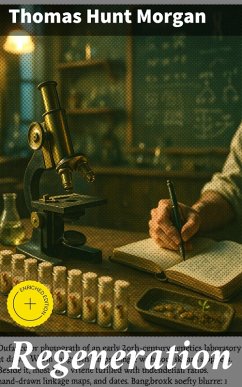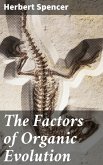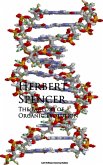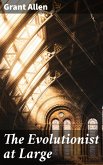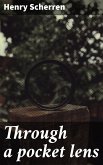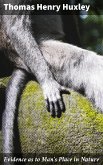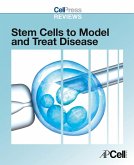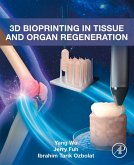In "Regeneration," Thomas Hunt Morgan delves into the intricate world of genetics and evolution, offering a pioneering exploration of how hereditary traits are transmitted across generations. Written in the early 20th century, the book employs a clear and accessible literary style, interweaving scientific rigor with philosophical reflection, which was particularly innovative for its time. Morgan's work is set against the backdrop of the emerging field of genetics, as he grapples with the nature of heredity and the implications of his findings on the understanding of biological change, thus situating his contributions within the broader context of evolutionary theory and the burgeoning science of genetics. Thomas Hunt Morgan (1866-1945), an American geneticist, was awarded the Nobel Prize for his groundbreaking research involving fruit flies, which laid the foundation for modern genetics. His experiences in experimental biology and his interest in the intricacies of inherited characteristics profoundly influenced his writing of "Regeneration," as he endeavored to bridge the gap between observable traits and their genetic underpinnings. Morgan's academic journey and commitment to empirical research enabled him to present complex ideas in a manner that resonates with both scientists and lay readers alike. I highly recommend "Regeneration" for anyone interested in genetics, biology, or the philosophical questions around heredity. Morgan'Äôs insightful arguments and illustrations of scientific principles not only illuminate the complexities of genetic inheritance but also invite readers to contemplate the ethical dilemmas arising from advances in genetic research. This work remains a crucial text in understanding the historical foundations of genetics.
Dieser Download kann aus rechtlichen Gründen nur mit Rechnungsadresse in A, B, BG, CY, CZ, D, DK, EW, FIN, F, GR, H, IRL, I, LT, L, LR, M, NL, PL, P, R, S, SLO, SK ausgeliefert werden.

